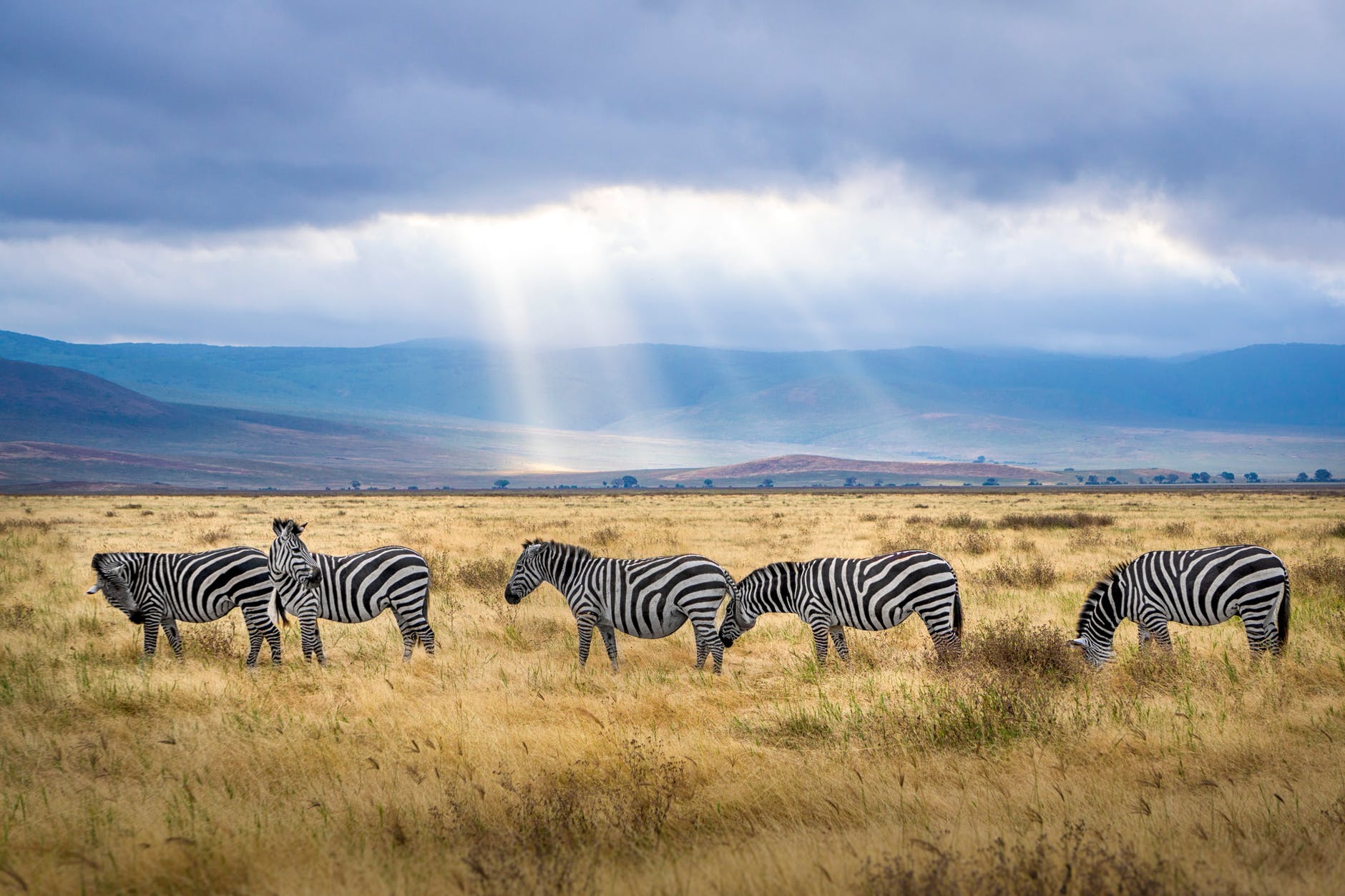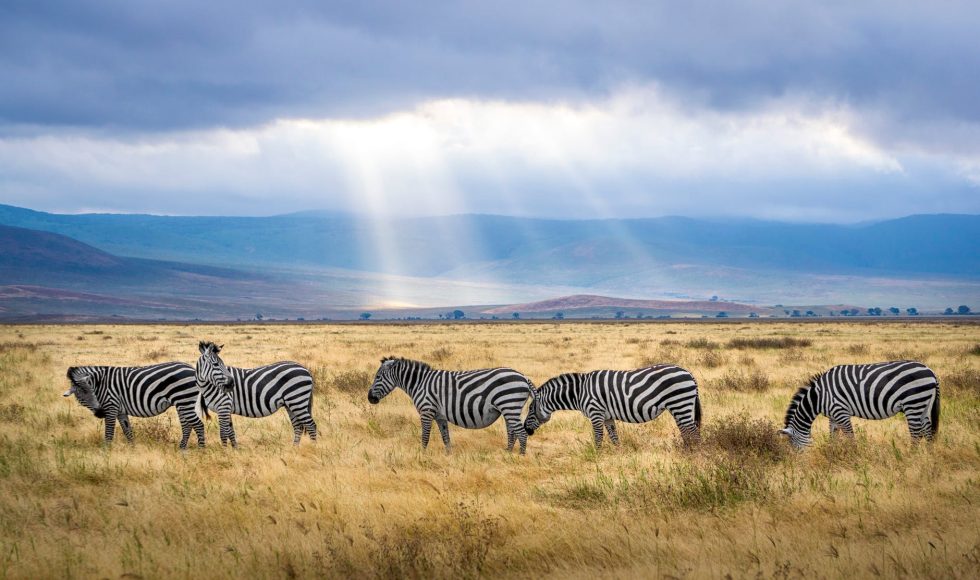Tonight I watched another OERxDomains21 session entitled “Pathways to Learning: Open Collaboration to Support the Online Pivot” that included a long list of collaborators and numerous open collaboration examples. Rob Farrow described a project called Pathways to Learning that was funded by the Global Challenges Research Fund program. Farrow and colleagues rapidly created a pair of courses over summer 2020. The courses were for instructors in Africa to have access to online professional development. Farrow mentioned how quickly everything had to be done and the use of existing resources. One course was entitled “Take your teacher online” and the second one was for the Teacher Education in Southern Africa project. The courses had core open content, webinars, and activities. Farrow mentioned they focused on consistency and learned how important the synchronous sessions were. The live sessions included experts coming in and contributing to what Farrow described as a MOOC with “bolted on” elements. For one course, Farrow cited approximately 700 enrolled! The course didn’t last that long: it was over by August, yet there still is engagement, according to Farrow. Interestingly, more people were signing up for the “Zoom” meetings than those completing the activities for the badge. To me, this is surprising although for professional development it makes sense. Professionals wanting to learn techniques for teaching online quickly may have limited time. The post survey data that Farrow shared suggested impact on teaching strategies and changes in instructors. Farrow mentioned that some were inspired to continue learning and “champion” this type of learning and teaching. I feel this too. While I teach lab-based courses, I am excited and love learning about online education. Farrow explained the key findings including increased confidence and interest in exploring more activities. Flexibility and being agile were priorities Farrow mentioned. They also analyzed qualitative data that supported the quantitative survey results. Farrow mentioned that “a lot of universities discovered online education during the pandemic,” and sadly, I agree! I certainly discovered an interest in online education training and opportunities!
A second session I watched tonight had a title that I had to click on: “Practicing What We Preach: An Open Resource on OER/OEP” by Angelica Risquez, Catherine Cronin, Claire McAvinia and Celine Peignen from Ireland. Risquez spoke as an instructional designer about the power of Open Educational Resources and Open Education Practices (OEP) for empowering others to consider other ways of assessment and open collaborations. McAvinia shared a fantastic resource: https://open.teachingandlearning.ie/ ! While this resource focuses on the Irish context, most would be usable and applicable as mentioned by McAvinia. The resource has several topics of interest: students co-creating OER, assessments, and sharing your OER! “OEP is always continuously negotiated” and is “interwoven with digital literacies” were memorable phrases Catherine Cronin mentioned. Celine Peignen discussed the goals of this website and future collaborations. All resources here are CC BY and can be remixed and developed. How great that in the spirit of open we can learn to do more sharing and implementing OEP!



